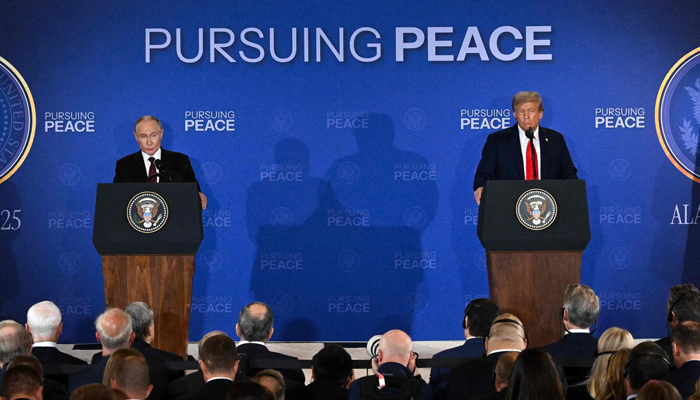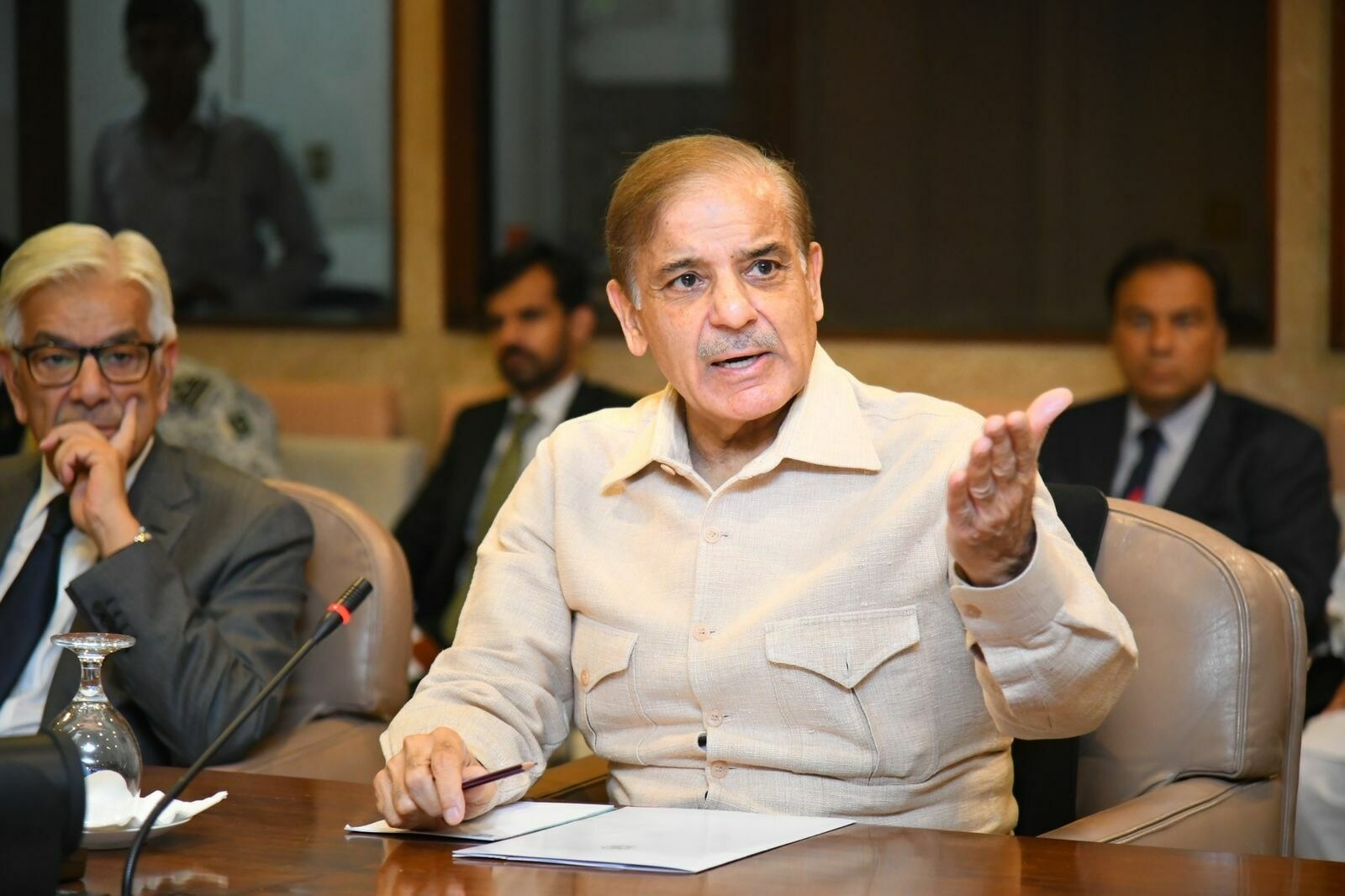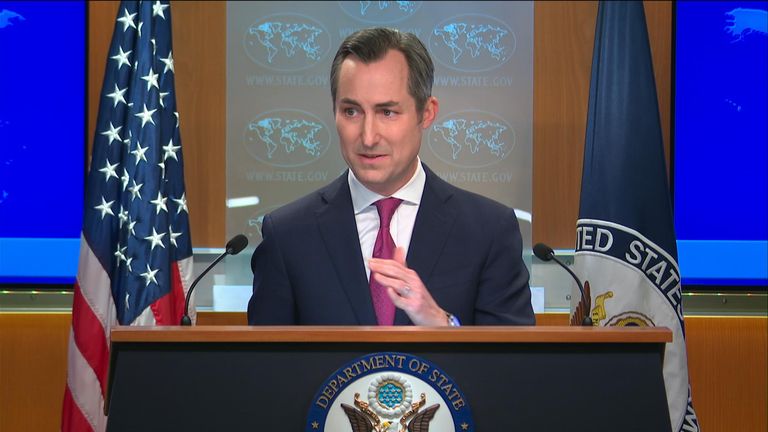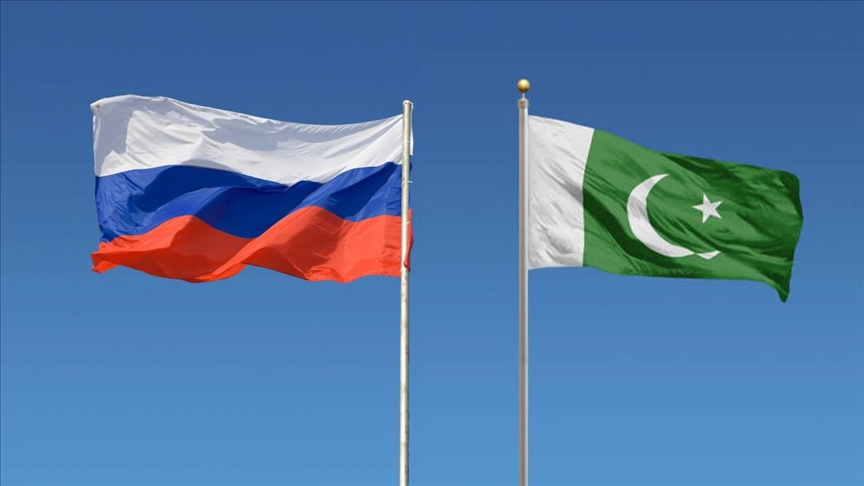PTBP Web Desk
The much-anticipated Trump-Putin summit in Alaska concluded on Friday without any agreement to resolve or pause Moscow’s war in Ukraine. Despite weeks of speculation that the talks might produce a breakthrough, both U.S. President Donald Trump and Russian President Vladimir Putin offered only vague assurances of “progress.”
Their nearly three-hour closed-door session, held at an Air Force base in Alaska, was followed by a brief press appearance. The leaders praised the meeting as “productive” but provided no concrete details. Trump, typically open with reporters, declined to answer questions.
Standing before a backdrop emblazoned with the phrase “Pursuing Peace”, Trump admitted:
“There’s no deal until there’s a deal. We’ve made some headway.”
Early indications suggested that the summit did not bring meaningful steps toward a ceasefire in Ukraine—the deadliest conflict in Europe since World War II.
For Putin, the optics of a face-to-face meeting with the U.S. president were themselves a diplomatic win. Since Russia’s full-scale invasion of Ukraine in 2022, he has been isolated by most Western leaders. Sharing a stage with Trump signaled that Moscow remains a central player in global negotiations.
Meanwhile, Ukrainian President Volodymyr Zelenskiy and European allies watched anxiously from the sidelines, fearing that Washington might concede ground to Moscow by informally recognizing Russian control of occupied territories.
In an interview with Fox News host Sean Hannity after the summit, Trump revealed that he would temporarily hold off on imposing additional tariffs on China for buying Russian oil. He cited “progress with Putin” as the reason.
“Because of what happened today, I think I don’t have to think about that now,” Trump said. “I may have to think about it in two weeks or three weeks, but not right now.”
Trump made no mention of India, another major buyer of Russian crude. India is already subject to a 50% tariff on U.S. imports, including a 25% penalty for purchases linked to Russia.
Trump hinted at the possibility of arranging a meeting between Putin and Zelenskiy, one he might also attend. However, he provided no specifics about timing or who would facilitate such a dialogue.
Putin, by contrast, avoided discussing Zelenskiy altogether. Instead, he repeated Moscow’s longstanding demand that what it calls the “root causes” of the conflict must be addressed before peace can be achieved. This signaled little change in Russia’s stance and resistance to a direct ceasefire deal.
As of Saturday morning, Kyiv had not issued a response to the Alaska summit. Zelenskiy has consistently ruled out handing over Ukrainian territory to Moscow and continues to seek strong U.S. and NATO-backed security guarantees.
Before the meeting, Zelenskiy said:
“It’s time to end the war, and the necessary steps must be taken by Russia. We are counting on America.”
In his Fox News interview, Trump hinted that land swaps and security guarantees were on the table during talks with Putin.
“I think we’re pretty close to a deal,” he told Hannity. “Ukraine has to agree to it. Maybe they’ll say no.”
Pressed on what advice he would give Zelenskiy, Trump responded:
“Gotta make a deal. Look, Russia is a very big power, and they’re not.”
Such remarks underline Trump’s push for Ukraine to compromise—an approach that could alarm Kyiv and its allies.
Even as the summit unfolded, war raged on in Ukraine. Air raid sirens blared across the country’s eastern regions. Meanwhile, Russian officials reported Ukrainian drone attacks in the Rostov and Bryansk regions.
According to Russia’s defense ministry, air defense systems destroyed 29 drones overnight, including 10 over Rostov. Reports of fresh strikes underscored how far both sides remain from peace.
The summit began with pomp. Putin was greeted on a red carpet by Trump at an Alaskan Air Force base, as U.S. military jets flew overhead. But the meeting’s anticlimactic conclusion contrasted sharply with its dramatic opening.
Putin, wanted by the International Criminal Court (ICC) for alleged war crimes involving the deportation of Ukrainian children, brushed off the charges. Both Russia and the United States are not ICC members, and Moscow has dismissed the warrant as meaningless.
Zelenskiy was not invited to Alaska, intensifying fears of a U.S.-Russia deal at Ukraine’s expense. Many in Europe worried Trump might seek to freeze the conflict, effectively legitimizing Russia’s hold on one-fifth of Ukrainian territory.
Trump had attempted to ease concerns before the meeting, stating that Ukraine itself would decide whether to make concessions. He had set the bar for success as securing a “rapid ceasefire.”




